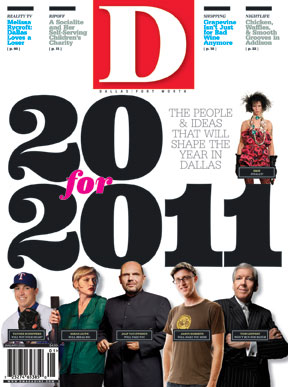In 1898, after the four-month Spanish-American War, the sociologist William Graham Sumner delivered a lecture to the Phi Beta Kappa chapter at Yale called “The Conquest of the United States by Spain.” He argued that in 50 years the American republic would be as big an empire as Spain ever was. In that sense, the Old World’s imperial ideal would have vanquished the Founder’s republican ideal.
This year, the United States will spend $708 billion on defense, a 41 percent increase over what we spent during the Cold War against the huge military apparatus of the Soviet Union—and that does not include the $171 billion that will flow this year into Afghanistan and Iraq (which alone, by the way, is more than the entire military budgets of China and Russia combined). The U.S. military now occupies 737 foreign bases, from Bulgaria to Okinawa. At a time when the Russian president is invited to NATO meetings, we still maintain 13 installations in Germany, with 48,000 U.S. troops.
To operate this vast imperial network, the United States will incur a deficit next year of $1.1 trillion.
Dwight Eisenhower famously warned in 1961 of the threat posed by the military-industrial complex. In 1962, journalist Fred Cook warned in The Warfare State of an economy so enmeshed with military spending that the United States would find itself involved in perpetual conflict to maintain it.
Dallas could stand as a prime example of Cook’s argument.
In November, Dave Michaels of the Dallas Morning News reported that in 2009, the Pentagon spent $21.5 billion on prime contractors based in North Texas, more than triple the $6 billion total in 2000. Moody’s Analytics estimates that 36,000 people are employed here in aerospace manufacturing, mostly for the Pentagon. That includes the F-35 produced by Lockheed Martin. The Pentagon says it wants 2,500 of the new planes at a new, upwardly revised cost of $95 million each (there are three variants of the plane, and the most expensive version will approach $200 million).
One wonders whom the F-35 is supposed to fight. There is no country on earth that even dreams of matching the present U.S. arsenal.
But if Congress used that logic—if it actually got serious about reducing the deficit—to cut the F-35 and other unnecessary military programs, the results would be devastating for the North Texas economy. Our unemployment rate in September was 8.4 percent. A cut in defense spending would cause it to skyrocket and send Dallas into a localized double-dip recession that would take years to overcome.
We like to talk about how well Dallas performed in comparison to other cities in the national recession. But the fact is that our present good fortune rests on massive deficit spending by the U.S. government.
Fortunately for Dallas, if not for America, those deficits will extend for the next decade. No serious observer believes that a Republican House will even suggest, much less tackle, a serious reduction in military spending. Take, for example, those 737 foreign bases. Who do you think builds and supplies them? Close one-third of them, and the rippling effect would wreak havoc on Republican congressional districts across America. In the last presidential election, Ron Paul was the only candidate of either party who had the temerity to challenge the utter extravagance—and long-term financial folly—of the vast expense of our military expansionism.
I agree with Congressman Paul. But let’s not fool ourselves. Our vast military empire is intrinsic to the American economy. William Graham Sumner was right. When it came down to a battle between two concepts of the modern nation-state, Spain did conquer the United States.
Write to [email protected].





